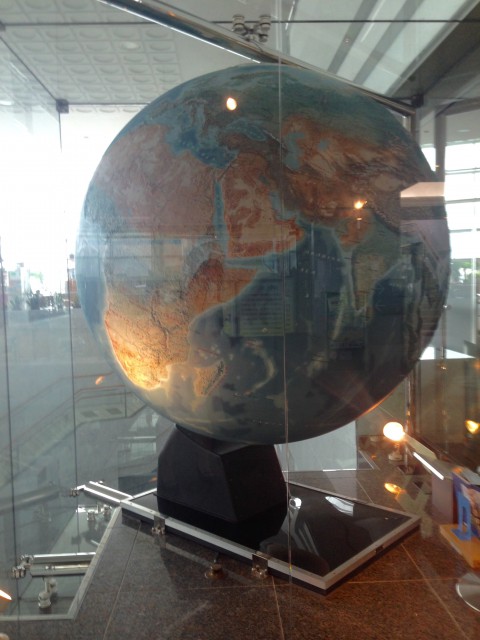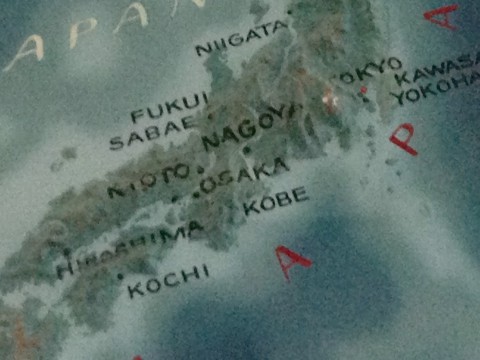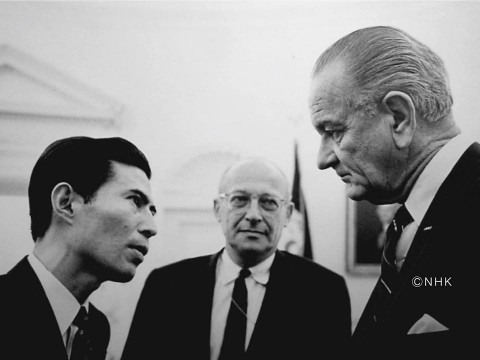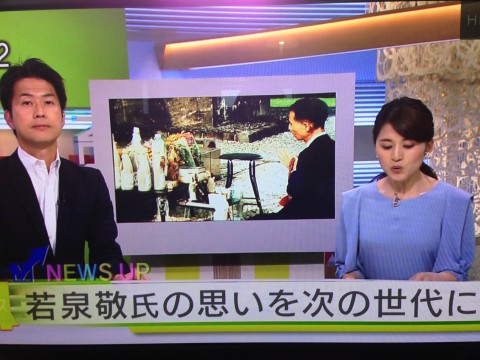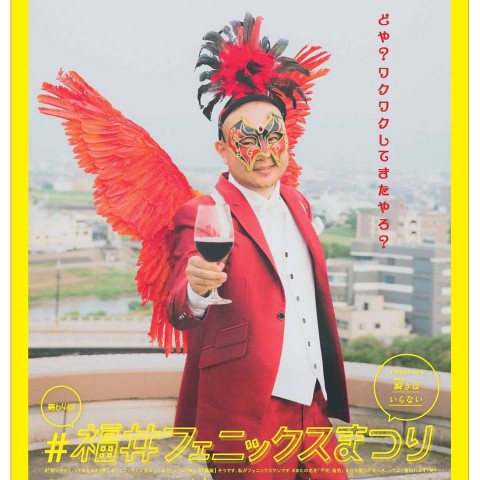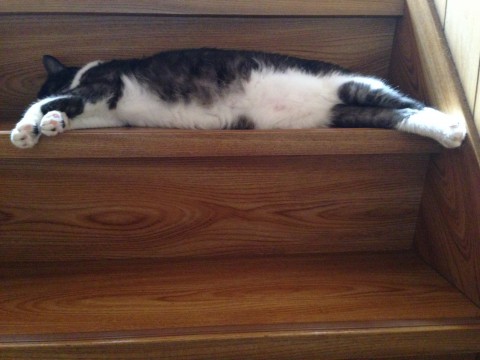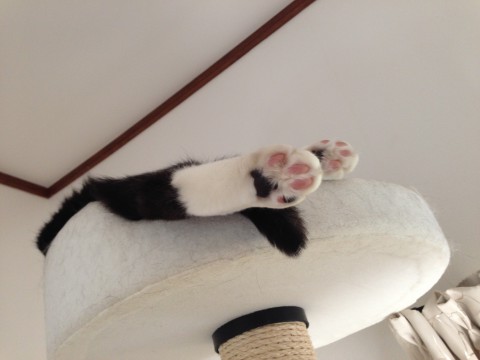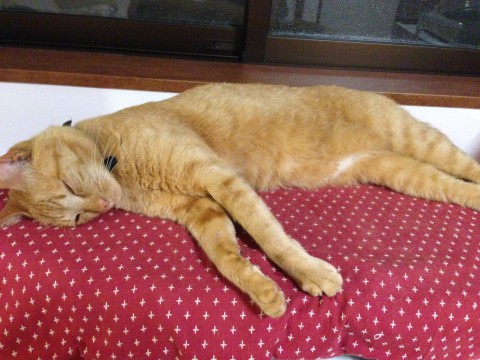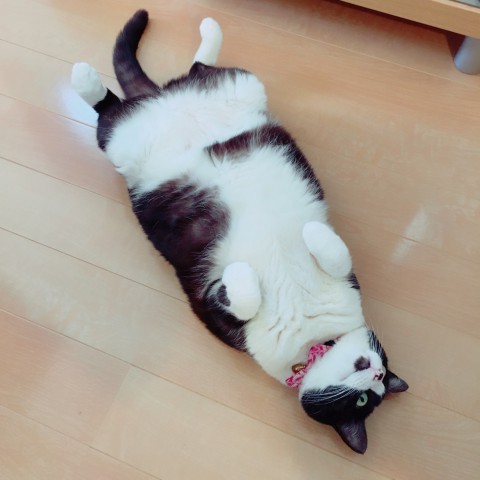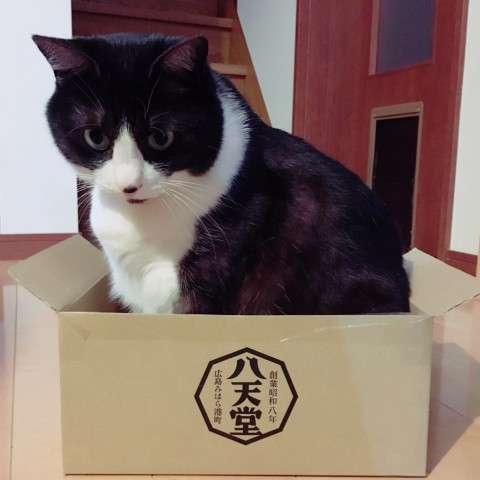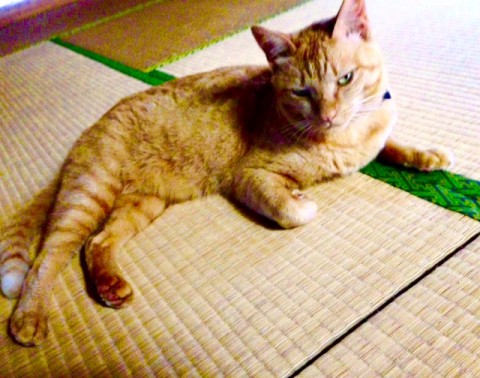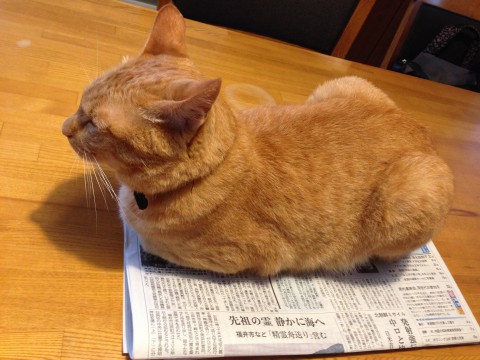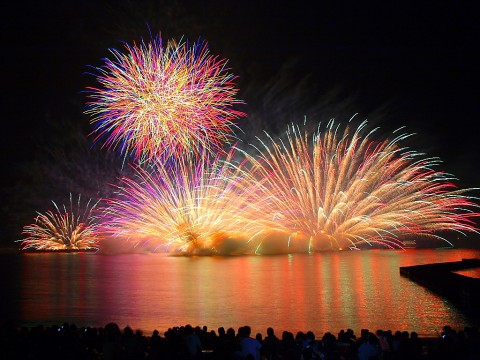Reading Arthur Binard
2017.08.27
Arthur Binard is an American poet, who was born in Michigan in 1967.
He came to Japan upon graduating university, and started writing poetry and translation.
He received the Chuya Nakahara Prize for his first anthology.
After that, he received many other prizes.
Now he lives in Hiroshima City, appears on TV and radio and energetically gives lectures across Japan.
Actually, his lecture was held in July here in Fukui City too, but I couldn’t go.
My dead friend used to say about him, so I have always wanted to read his books and read his two essays only recently.
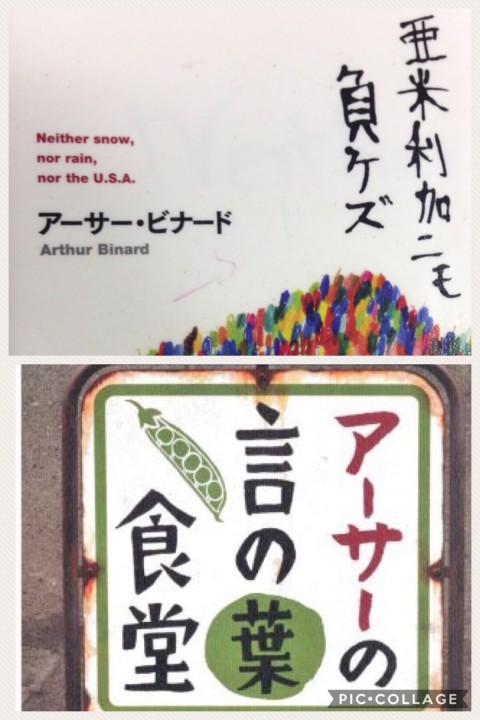
He writes that he is often asked “What is your most favorite Japanese words?” and
it is very hard to answer because he has so many. I sometimes see the same question to
foreign people on TV shows. If I am asked “What is your most favorite English words?”,
I cannot answer quickly either because I have so many ones too.
Also, it is interesting that he has gaps between English in Japan and his sense as an American. For example, in the 2008 U.S. presidential election, in Obama City, Fukui Prefecture, they supported Obama and the supporters' logo mark showed “FIGHT OBAMA”.
The term makes sense in Japanese but in English, it has totally the opposite meaning.
Afterwards, someone pointed it out and it changed to I LOVE OBAMA.
Even so, he felt a gap but it matched well with the farce of presidential race.
By the way, the Japanese words that he wants to export to the United States
is “hanafubuki” (blowing snow-like fluttery petals).
In his hometown, Michigan, when petals are are falling, they only compare it to cottons.
I recommend books of Arthur Binard, especially for English learners and translators.
I am sure that you can discover a lot. (H.S)
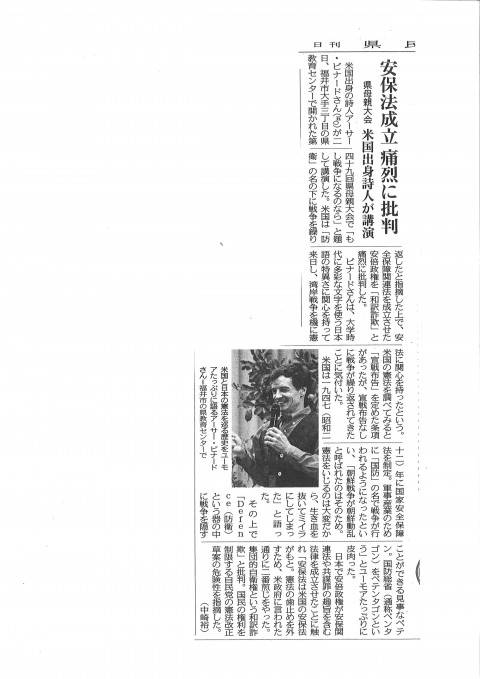
Here is an article about his lecture in Fukui City in July.
(from Daily Kenmin Fukui on July 4th, 2017)
An acquaintance who listened to his lecture said “It was good one than I expected and
so happy. I was almost crying. I have never met any American like him who tells the truth. ” His topics ranged from the attack on Pearl Harbor to Daigo Fukuryu Maru.


